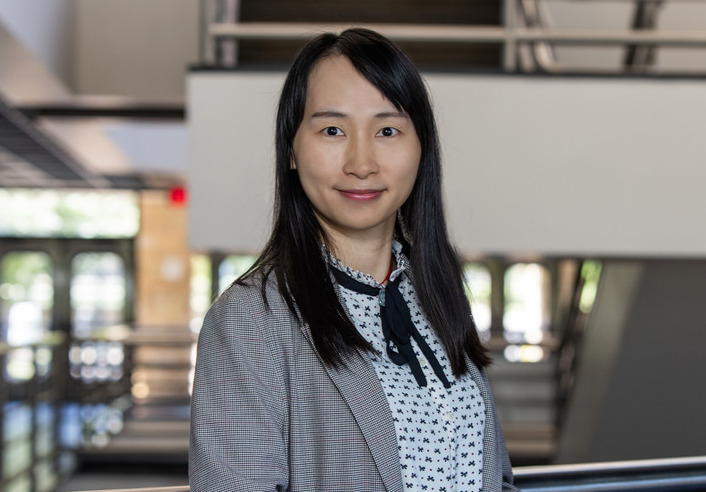Assistant Professor Weiping Pei, Ph.D., from the University of Tulsa, has achieved a significant milestone by being awarded two prestigious grants from the U.S. National Science Foundation (NSF). This recognition underscores the university’s growing prominence in cybersecurity research. Pei received the highly regarded CAREER Award for her innovative project titled “Improving Work Quality and Worker Safety in AI-Supported Crowd Work.” Additionally, she secured a three-year grant for her research on “Security, Privacy, and Trust in Cyberspace (SaTC) 2.0: RES: Understanding and Detecting Online Scams from Generative AI.” This latter project focuses on the challenges posed by online scams in the context of emerging generative artificial intelligence.
Recognizing Emerging Talent in Cybersecurity
The CAREER Award is designed to honor early-career scholars who demonstrate exceptional potential in both research and education. It is notable for its dual emphasis on pioneering research and educational impact. “Receiving the CAREER Award is truly a dream come true,” Pei stated. “It reflects NSF’s belief in the promise of my research and my commitment to education. This recognition is incredibly meaningful, and I’m deeply honored.”
Pei’s research has developed in response to current cybersecurity issues. Her early work concentrated on security and privacy challenges in crowdsourcing, a method that divides larger problems into smaller tasks for “crowd workers.” With the advent of artificial intelligence, her focus has shifted to exploring the new dynamics of human-AI relationships. This evolution not only presents opportunities for innovation but also introduces systemic risks related to cybersecurity and privacy.
Addressing Key Risks in AI-Crowd Work
The outcomes of her latest project aim to clarify three critical risks associated with AI in crowd work. These include the potential misuse of AI-based systems by crowd workers, errors that may arise within AI systems themselves, and privacy concerns that AI technologies could pose to workers. Through this research, Pei hopes to enhance the understanding of human-AI collaboration, promote the development of safer AI-based systems, and establish more ethical crowd work practices globally.
In addition to her research goals, Pei aims to make her findings accessible across various cybersecurity disciplines, benefiting current and future researchers at the University of Tulsa and beyond. “The educational goal in the project is to develop modules that introduce diverse disciplinary perspectives to cybersecurity education and to integrate cybersecurity concepts into courses across disciplines,” she explained. “These modules, along with the theories, datasets, and tools developed in the research, will be widely shared to support educational, research, and practical impacts.”
Pei views her achievements as a shared success with the broader Tulsa community, emphasizing the region’s capability in high-impact research. “This award affirms the value of the research I’m passionate about and provides critical support to pursue it in a sustained and impactful way,” she noted. “For the broader Tulsa community, I hope it sends a clear message: nationally competitive, high-impact research can thrive here. Our region has the talent, vision, and commitment to shape the future of secure and inclusive technologies.”
Professor Pei’s accomplishments are part of a larger narrative of excellence at the University of Tulsa, where faculty members in the College of Engineering & Computer Science are consistently pushing boundaries in cybersecurity research and innovation.
